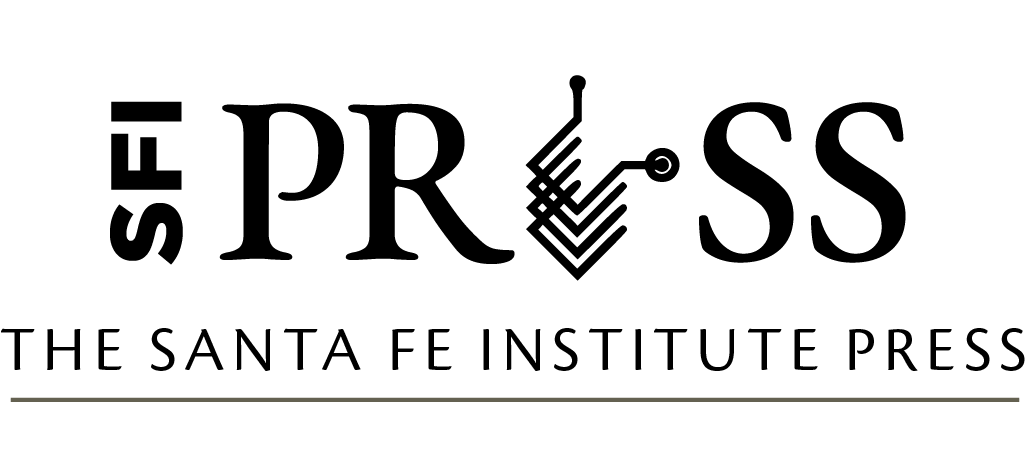Friedrich Hayek’s Economy of Knowledge
Foundational Papers in Complexity Science pp. 129–147
DOI: 10.37911/9781947864528.07
Friedrich Hayek’s Economy of Knowledge
Author: Samuel Bowles, Santa Fe Institute
Excerpt
A complex system, Herbert Simon wrote, is “made up of a large number of parts that interact in a non-simple way [such that] given the properties of the parts and the laws of their interaction it is not a trivial matter to infer the properties of the whole” (Simon 1969, 267). Though economists rarely use the term, complexity has a long history in the field, most famously illustrated by Adam Smith’s invisible hand. Smith’s surprising claim that competitive markets and private property could harness individual self-interest so as to contribute to a well-ordered society is exactly the far-from-trivial inference about the “properties of the whole” that he derived from the “parts and their laws of interaction” to which Simon referred.
In “The Use of Knowledge in Society,” Friedrich Hayek (1945) provides what I take to be the best explanation of how the invisible hand might work: “We must look at the price system as . . . a mechanism for communicating information if we want to understand its real function. . . . The most significant fact about this system is the economy of knowledge with which it operates, or how little the individual participants need to know in order to take the right action.” A price, to Hayek, is both a message about the relative scarcity of a good and a motivation to adjust one’s behavior to a change in that scarcity. This bundling of message and motivation is the key to how an emergent property of a market system could be what Hayek called a “rational economic order.”
Bibliography
Bowles, S., and W. Carlin. 2020. “What Students Learn in Economics 101: Time for a Change.” Journal of Economic Literature 58 (1): 176–214.
Hayek, F. A. 1948. “The Meaning of Competition.” In Individualism and Economic Order. Chicago, IL: University of Chicago Press.
Pareto, V. 1909. Manuel d’Économie Politique. First Italian edition, 1905. Paris: Giard et Briere.
Schumpeter, J. 1942. Capitalism, Socialism, and Democracy. New York, NY: Harper & Row.
Simon, H. 1951. “A Formal Theory of the Employment Relationship.” Econometrica 19 (3): 293–305. https://doi.org/0012-9682(195107)19:3<293:AFTOTE>2.0.CO;2-2.
—. 1969. The Sciences of the Artificial. Cambridge, MA: MIT Press.
—. 1991. “Organizations and Markets.” Journal of Economic Perspectives 5 (2): 25–44. https://doi.org/10.1257/jep.5.2.25.
Trotsky, L. 1932. “The Soviet Economy in Danger.” The Militant.
